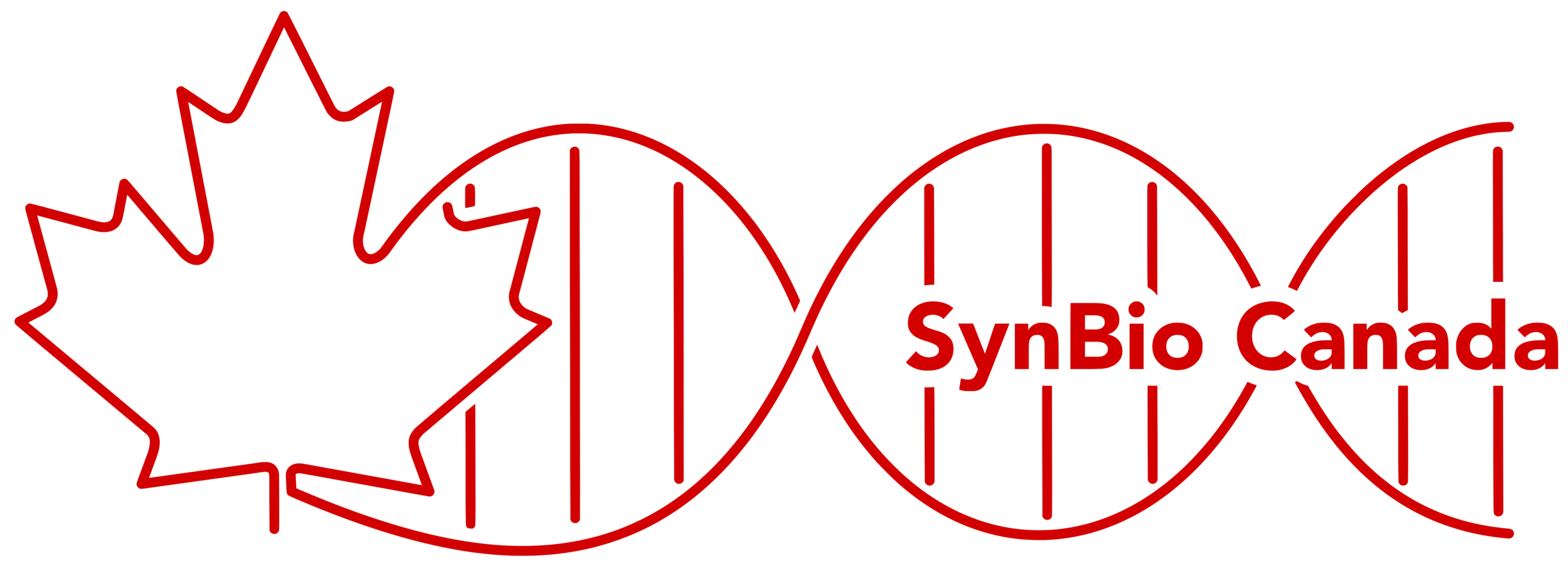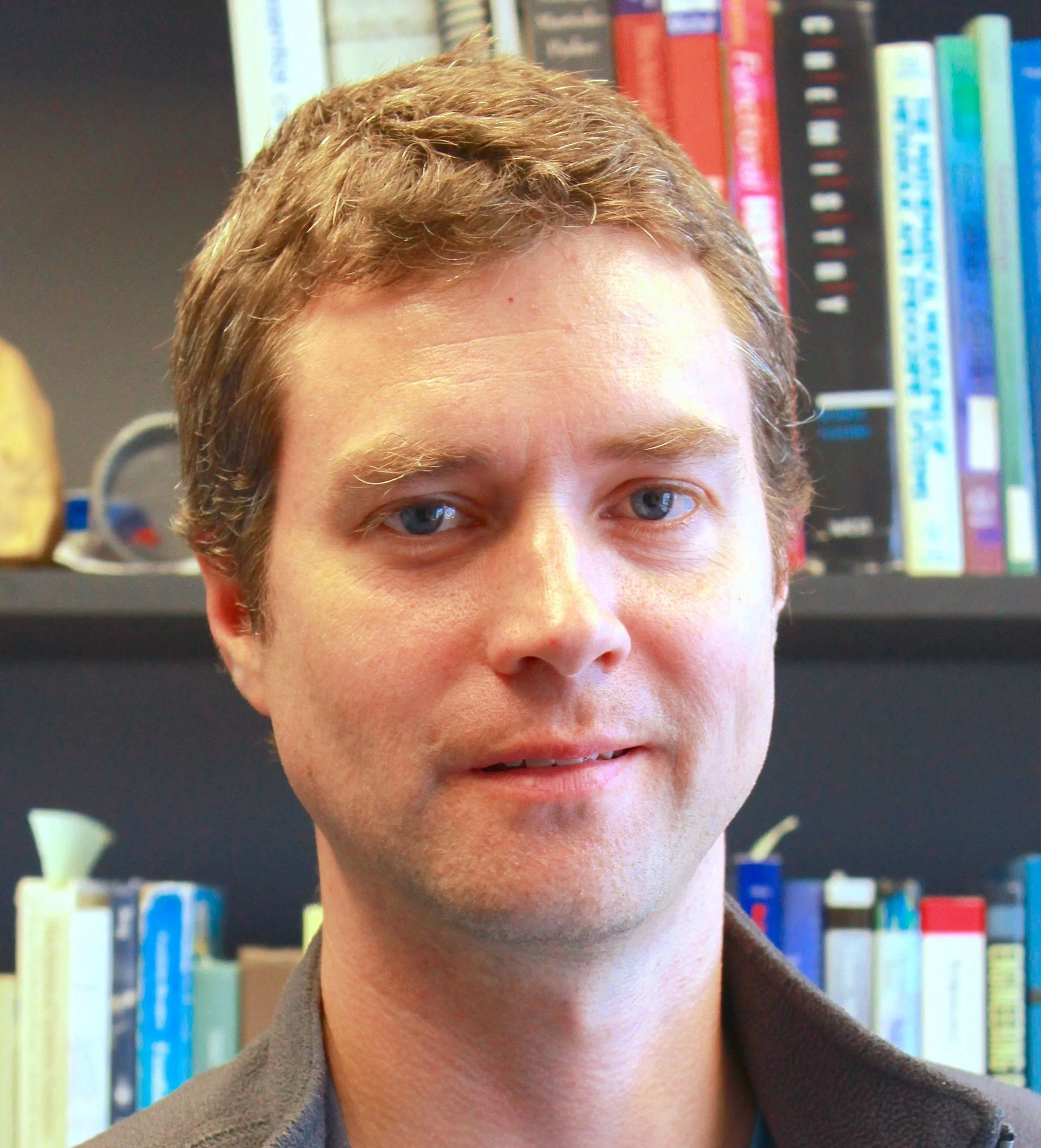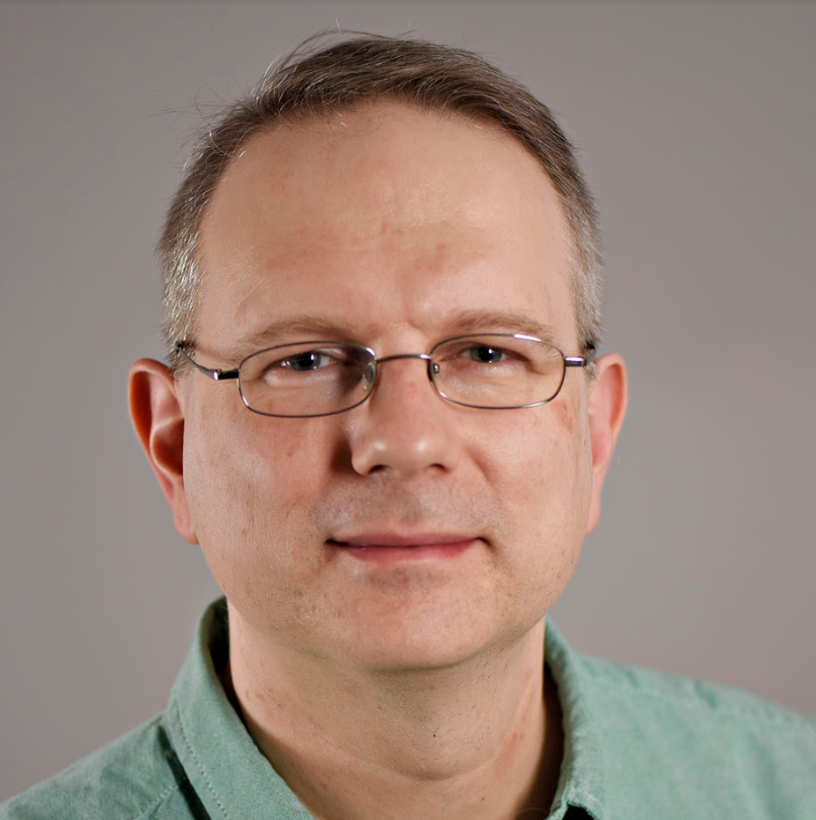We aim to characterize viral promoters to control the production of proteins in insect cells with the goal of creating a manufacturing assembly line for complex biologics.
Read MoreMetabolomics and computational analysis of cells in cultures, bioreactors and biological systems.
Read MoreMy research program combines physics and synthetic biology to make fundamental advances in our understanding of living systems and to apply this knowledge to the growing problem of antimicrobial resistance.
Read MoreDr. Hallam directs the ECOSCOPE innovation ecosystem consisting of an NSERC CREATE training program, a research network, a core facility for high-throughput screening and a curriculum development initiative in data science based on four research and training pillars.
Read MoreOur group uses mathematical and computational tools to construct and analyse kinetic models of biomolecular systems. Our current projects are primarily focused on model-based design of synthetic bacterial gene regulatory systems.
Read MoreI believe that Synthetic Biology will continue to play a significant role in medical innovation, including engineered virus and engineered immune cells that can cure cancer.
Read MoreBioZone aims to use Bioengineering to create a sustainable world by making industrial processes more sustainable, remediating humanity's environmental impact, and improving health outcome.
Read MoreOur group primarily works on engineering metabolism in bacteria and yeast to produce chemicals and therapeutic molecules. Through the use of computational strategies on genome scale metabolic models of these organisms, we identify genetic intervention strategies to enhance target molecule production.
Read MoreWe work on (mainly) microbial synthetic biology, investigating ways to create novel solutions to real-world problems with engineered microbes.
Read MoreMy work is about gene-product interactions, which can be represented as networks and modules.
Read MoreMy laboratory is mainly interested in microbial systems and synthetic biology. We use and develop cutting-edge approaches to understand and engineer bacterial cells.
Read MoreThe principal theme of Prof. Yadav’s research is the utilization of metabolic & enzyme engineering to investigate and customize novel biosynthetic enzymes that can convert biomass-derived feedstocks into value-added chemicals.
Read MoreSynBioApps offers graduate training in the various technologies of synthetic biology, including work in Concordia University’s Genome Foundry.
Read More












